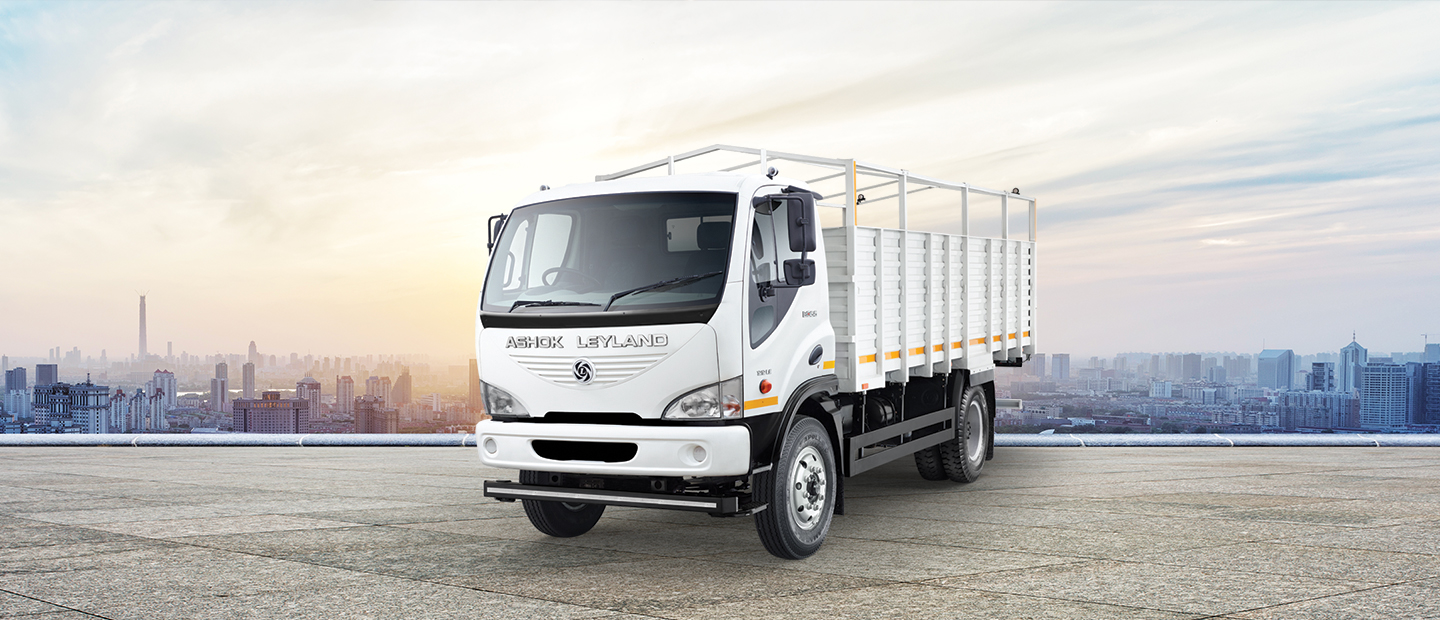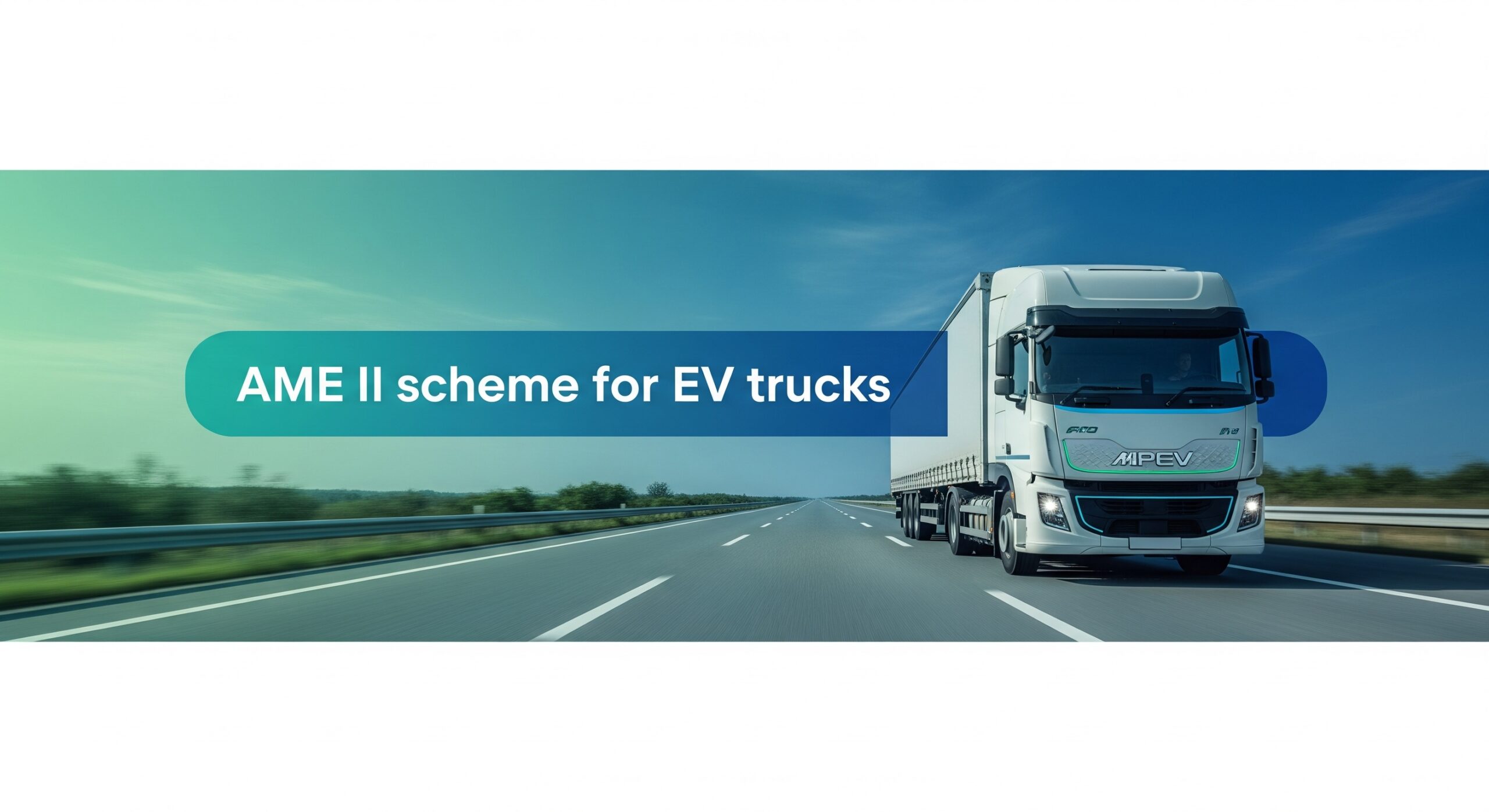Complete Breakdown: Cost, Tools, Equipment & Step-by-Step Process
As commercial EV adoption continues to surge across India, businesses operating electric trucks need more than just the vehicles — they need a dedicated, reliable EV charging setup to keep their fleet moving efficiently.
Whether you’re running Tata Ace EVs for last-mile delivery or Eicher Pro EVs for heavy-duty logistics, having your own EV charging station helps reduce downtime, fuel costs, and dependency on public charging infrastructure.
In this guide, we’ll walk you through how to set up an EV truck charging station for your fleet, including:
-
Required equipment
-
Estimated cost (2025 prices)
-
Government approvals
-
Power supply needs
-
Best vendors in India
⚡ Why Set Up a Private EV Charging Station?
Operating a fleet of electric trucks without in-house charging can lead to:
-
Long wait times at public stations
-
Limited control over charging hours and rates
-
Reduced fleet productivity
A dedicated depot charging station offers:
✅ Predictable operations
✅ Overnight charging capabilities
✅ Cost savings through industrial electricity tariffs
✅ Smart energy monitoring
✅ Future-proofing your EV infrastructure
🛠️ What You’ll Need – Tools & Equipment
Here’s a breakdown of what you need to set up a commercial EV truck charging facility:
1. Charging Hardware (AC or DC Chargers)
| Type | Best For | Cost Range (2025) |
|---|---|---|
| AC Chargers (7kW–22kW) | Light trucks, overnight charging | ₹70,000 – ₹2.5 lakh |
| DC Fast Chargers (30kW–120kW) | Mid-to-heavy duty trucks | ₹3 lakh – ₹15 lakh |
✅ Choose a charger with CCS2 or GB/T standard based on your truck model
✅ Wall-mounted or pedestal installation
2. Power Supply & Connection Setup
-
3-phase connection is a must for fast charging
-
Minimum load capacity:
-
15 kW for small fleets
-
50–100 kW for larger operations
-
-
Apply with your local DISCOM (electricity provider) for upgraded power connection
Extra Equipment:
-
Load management controller
-
Circuit breaker (MCB)
-
Surge protector
-
Smart meter for energy tracking
3. Charging Management Software (CMS)
To monitor, control, and optimize charging, invest in a CMS platform.
Features to look for:
-
Load balancing
-
Time-based scheduling
-
Real-time usage tracking
-
RFID or app-based authentication
Top Providers in India (2025):
-
ChargeZone CMS
-
Statiq CMS
-
Numocity
-
Fortum CMS
4. CCTV & Safety Systems
-
Fire extinguisher (Class C)
-
CCTV camera system
-
Floodlights (for 24×7 operation)
-
Weatherproof cabinet for outdoor charging
5. Civil & Installation Work
-
Floor markings and truck parking bays
-
Cable trenching or cable organizers
-
Signboards & branding
-
Charger installation by a certified technician
💰 EV Truck Charging Station Cost Breakdown (2025)
Here’s an estimated cost structure for setting up your own depot charging station in India:
| Component | Estimated Cost (INR) |
|---|---|
| AC Charger (7kW – 22kW) | ₹70,000 – ₹2,50,000 |
| DC Charger (30kW – 60kW) | ₹3,00,000 – ₹10,00,000 |
| Power Load Upgrade (3-phase) | ₹50,000 – ₹2,00,000 |
| Civil Work & Mounting | ₹30,000 – ₹1,00,000 |
| Charging Management Software | ₹15,000 – ₹50,000/year |
| CCTV & Safety Systems | ₹20,000 – ₹40,000 |
| Total (Small Setup) | ₹1.5 – ₹3.5 lakh |
| Total (Fast Charging Depot) | ₹5 lakh – ₹15 lakh |
✅ Tip: Many EV OEMs offer charger bundling discounts or EMI options — ask your dealer.
📄 Government Policies & Subsidies (2025)
Several central and state-level schemes are available:
✅ FAME-II (Faster Adoption and Manufacturing of Hybrid & Electric Vehicles)
-
Up to ₹10 lakh subsidy per DC fast charger
-
₹1–₹1.5 lakh for AC charging setup
✅ State-Specific EV Policies
| State | Charging Infra Incentives |
|---|---|
| Delhi | 100% subsidy on charger (up to ₹6,000 for AC, higher for DC) |
| Maharashtra | Stamp duty exemption + capital subsidy |
| Tamil Nadu | Land lease + interest subvention |
| Gujarat | One-time capital subsidy for infra setup |
Steps to Apply:
-
Visit your state EV portal
-
Register your business as EV infrastructure developer
-
Submit power requirement plan
-
Install and share station coordinates
✅ Step-by-Step Guide to Set Up Your EV Truck Charging Station
Step 1: Assess Your Fleet Requirements
-
Number of EVs
-
Daily km usage
-
Charging speed required (slow vs fast)
Step 2: Get a Power Audit
-
Contact your DISCOM to evaluate your current connection
-
Apply for 3-phase upgrade if needed
Step 3: Choose Hardware & Vendor
-
Pick AC or DC chargers as per fleet size
-
Partner with reliable OEMs (Tata Power, ChargeZone, Delta, Exicom, etc.)
Step 4: Install Chargers & CMS
-
Hire certified technician
-
Install software dashboard
-
Integrate billing, access control, and tracking
Step 5: Apply for Subsidy
-
Register on state EV policy portal
-
Submit proof of installation and invoices
-
Track status for reimbursement or subsidy credit
🔧 Top Vendors for Fleet Charging in India
| Vendor | Charger Types | Notable Clients |
|---|---|---|
| Tata Power EZ | AC + DC | Tata Motors, HPCL |
| ChargeZone | CMS + Turnkey | Ashok Leyland, BluSmart |
| Statiq | Modular Chargers | Zomato, Hero Electric |
| Exicom | Depot Chargers | Eicher Motors, SmartE |
| Delta Electronics | Fast Chargers | MG, Piaggio, DHL |
❓ FAQ – EV Truck Charging Setup in India
Q1. Can I use regular home chargers for electric trucks?
Not recommended. EV trucks require higher voltage and longer charging hours, best handled by commercial-grade 3-phase chargers.
Q2. How much electricity does an EV truck consume per charge?
Depending on the model, a single full charge may require 20 kWh to 60+ kWh, depending on truck size and battery capacity.
Q3. Is commercial charging profitable?
Yes, if you open it to the public or other fleet partners, you can monetize excess charging capacity.
Q4. How long does it take to install a depot charging station?
Usually 7–15 days depending on power upgrades and civil work.
🔚 Final Thoughts
Setting up your own EV truck charging station isn’t just smart — it’s essential. With rising diesel prices and government EV push, having control over your fleet’s charging infrastructure is the best way to stay competitive and cost-efficient.
Whether you operate 2 or 200 EV trucks, now is the right time to invest in EV charging infrastructure and future-proof your business.






